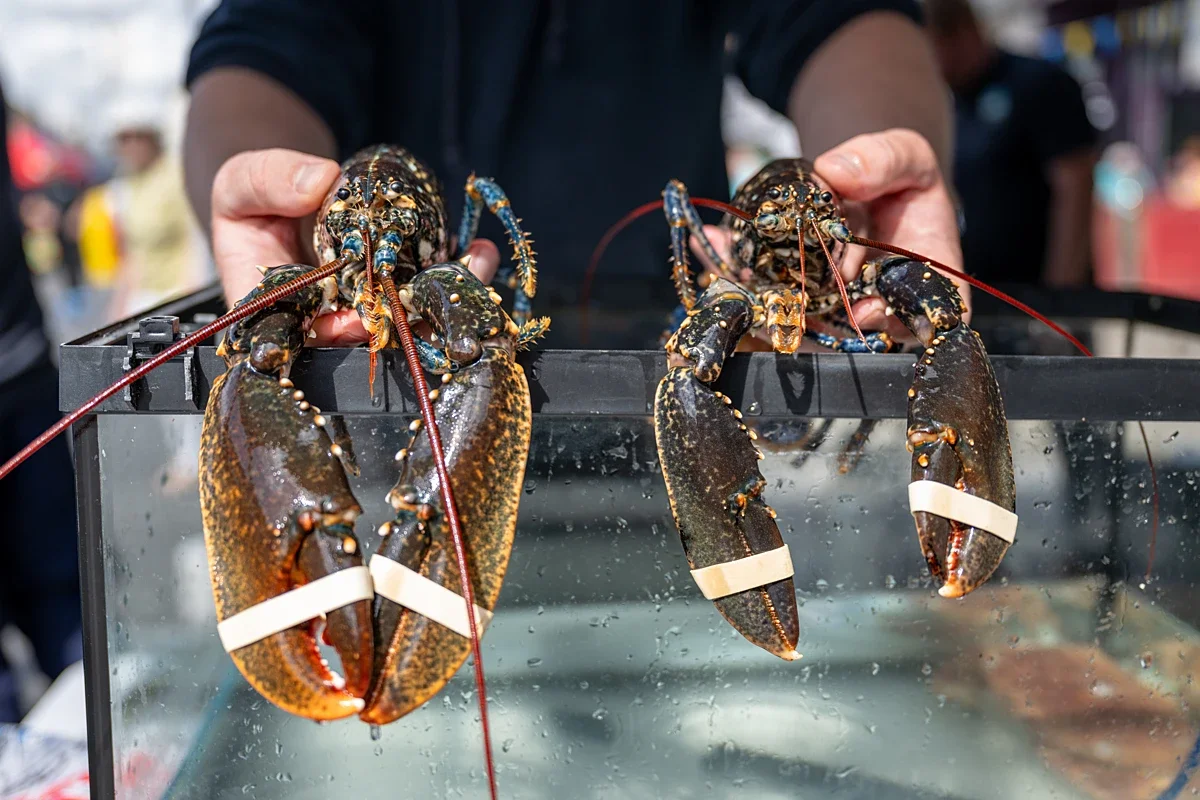Ringling Bros Circus Returns - Without Animals
The iconic circus is set for a comeback after closing in 2017. But this time, it will focus on human feats and stories, and so sparing animals from having to perform.
The so-called “Greatest Show on Earth” is set to make a comeback, as the Ringling Brothers and Barnum & Bailey Circus announce its return to the stage.
The Ringling Bros circus stopped its 146 year-run back in 2017, after falling ticket sales and a long history of criticism and legal challenges by animal rights groups who condemned the circus’s use of animals.
Now, the show’s big return - set to begin with a huge 50-city tour next year - will for the first time be free of animals, and instead focus on human feats and narrative story lines.
“Ringling has always evolved: Logically, in order to be successful for 146 years, you constantly have to change,” Kenneth Feld, the chief executive officer of Feld Entertainment, which purchased the circus in 1967, told The New York Times.
Ringling’s controversial use of animals had faced constant negative attention, with the circus forcing animals such as elephants, lions, and tigers to perform tricks, endure lengthy journeys across the country, and suffer many incidents of alleged animal abuse.
Undercover investigations repeatedly revealed the miserable lives of the animals, including the Ringling elephants who “[spent] most of their long lives either in chains or on trains, under constant threat of the bullhook, or ankus—the menacing tool used to control elephants.”
As calls for better treatment towards animals have continued to grow over the years, Ringling’s latest iteration will reflect modern attitudes and instead focus on inspiring and exciting human performers. The circus has already begun worldwide auditions for performers in countries including Ethiopia, Mongolia, and the US, with the 50-city tour scheduled to begin on Sept. 28, 2023.
Animal rights campaigners are among those welcoming the return of Ringling’s circus.
“Feld’s decision to bring the circus back without animals sends a very clear message to the industry that the circus can dazzle audiences with willing human performers and that no animal needs to be exploited,” said Rachel Mathews, a director from People for the Ethical Treatment of Animals Foundation, told the Times.
“What people see in the circus is a display of human dominance,” Mathews added. “The fact is the public doesn’t want to see that anymore.”
We Have A Favor To Ask…
Species Unite amplifies well-researched solutions to some of the most abusive animal industries operating today.
At this crucial moment, with worldwide momentum for change building, it’s vital we share these animal-free solutions with the world - and we need your help.
We’re a nonprofit, and so to keep sharing these solutions, we’re relying on you - with your support, we can continue our essential work in growing a powerful community of animal advocates this year.
More stories:
Species Unite
A collection of stories of those who fight the good fight on behalf of animals.




A prosecutor’s deal gave America’s second-largest beagle breeder until July 1, 2026 to “dispose” of its dogs, while a bipartisan adoption bill faces amendments critics say could doom them.